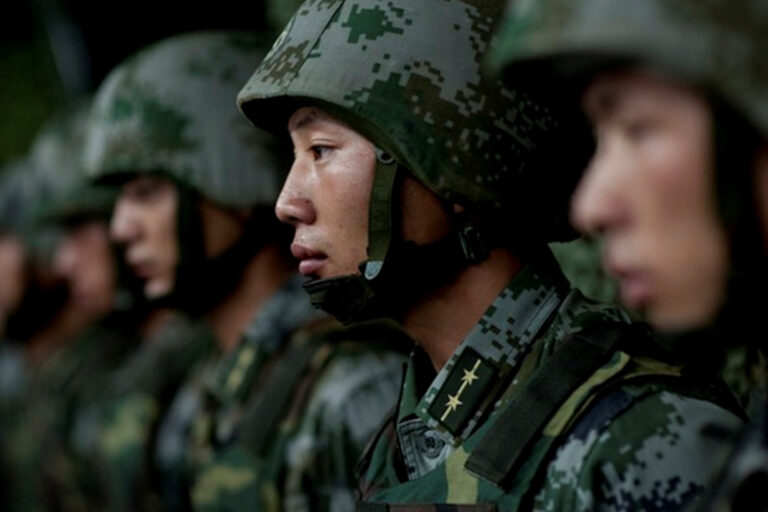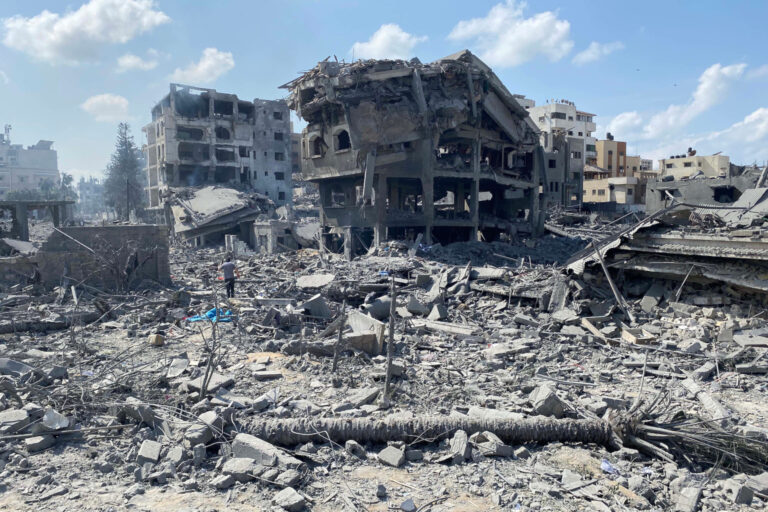Carla Freeman
John Kerry brings home some successes from his just-concluded fifth visit to East Asia as Secretary of State—this time around to Seoul, Beijing and Jakarta. But the biggest takeaway from his visit is that the US can expect tough times ahead as it seeks to promote its interests in a region where history continues to divide potential partners against common threats and fuel regional insecurity.
In South Korea, with the region bracing for potential new missile and nuclear tests from the North, Kerry was briefed on recent high-level talks between Seoul and Pyongyang. Arriving in Beijing a day later, the Secretary had an opportunity to run through a long list of talking points. He came away from his meetings having delivered his message on the ADIZ and pushed back on the extensive claims implied by China’s “nine-dashed line,” while calling for a need to resolve territorial disputes peacefully and non-confrontationally. He also extended another invitation to China to participate in the 2014 RIMPAC exercise. He addressed US human rights concerns about treatment of Tibetans and Uyghurs, and urged China to support efforts in the UN to address the humanitarian crisis in Syria. He heard statements by China affirming its commitment to the denuclearization of the Korean peninsula and, most concretely, concluded an agreement with China to work together on a joint platform to address climate change ahead of next year’s climate negotiations. In Jakarta, Kerry kept the issue of Australia-US cooperation on spying on an American law firm representing Indonesia in a trade dispute from overwhelming his visit. There he co-chaired with his Indonesian counterpart the U.S.-Indonesia Fourth Joint Commission Meeting inking two MOUs—one to facilitate joint efforts in support of developing countries, the other on wildlife conservation and combating wildlife trafficking. These are accomplishments to celebrate.
At the same time, the Secretary’s tour was replete with reminders that this is an East Asia made up of countries acutely aware that times are changing. In the wake of the Cold War, despite the absence of the common threat of Soviet ambition, American prestige, grounded in our dominant military and economic power and moral authority, had served to damp down historical tensions in the region. Today, the sense that power is shifting, that America is in at least relative decline, and that a new narrative is being written has supercharged the region’s sense of history. For the US, this atmosphere means that its goal of resolving urgent security concerns, many of which involve irredentist claims, is all the more more challenging.
On his first stop in Seoul, Kerry plunged into the fray, expressing his hope soon after his arrival that South Korea and Japan could “put history behind them and move the relationship forward” in the interest of “deal[ing] with security … relevant in terms of today and not just history.” Yet, even with the threat emanating from North Korea, the Secretary was reminded by his South Korean counterpart that the ability to cooperate with Tokyo, including trilaterally among Washington, Tokyo and Seoul on the denuclearization of North Korea, remains constrained by historically-rooted mistrust, reinforced by Japanese provocations. In reports on the Kerry visit, Chinese media quoted widely from commentary in Yonhap News, which observed that the Secretary’s calls for a focus on today’s challenges, rather than on what he labeled the “legacy issues” that divide American allies, had put the issues of security and history “in the wrong order.” Commenting on Kerry’s visit, Chinese pundits went so far as to suggest that US support for Japan was an endorsement of a Japanese view of history. In Jakarta, where Kerry called for a binding code of conduct for the region, history also simmered in the news as Indonesia and US security partner, Singapore, exchanged recriminations over Jakarta’s decision to name a new frigate after two Indonesian marines involved in a deadly 1965 bombing in Singapore.
Today, against the backdrop of diminished American prestige and a rising China, it is not unthinkable that while the US may well “forge a Pacific future,” to quote earlier remarks by the Secretary, its future in the region may not be one of sustained American leadership. With the United States still entangled in a deeply troubled West Asia, its economic sails still luffing, bedrock American principles like individual privacy eroded, and a policy process in gridlock, American prestige is on shaky ground. Ideas of just a few years ago that the San Francisco system of alliance relationships would be strengthened in the face of China’s rise, or that regional stability and security would be forged from an American-led “concert of powers” buttressed by “coalitions of the willing” to respond to new threats to international security have begun to seem less plausible.
That history can drive the present is a challenge our statesmen need to acknowledge, just as our leaders should think about how we will achieve our objectives in a region in which we can no longer assume we will be followed. These are big challenges without easy answers. If we just look for love among our regional partners, the answer is probably blowing in the wind.
Carla Freeman is executive director of the Foreign Policy Institute and a member of the advisory board of the SAIS Review of International Affairs.
This piece is reposted with permission from the Foreign Policy Institute.



